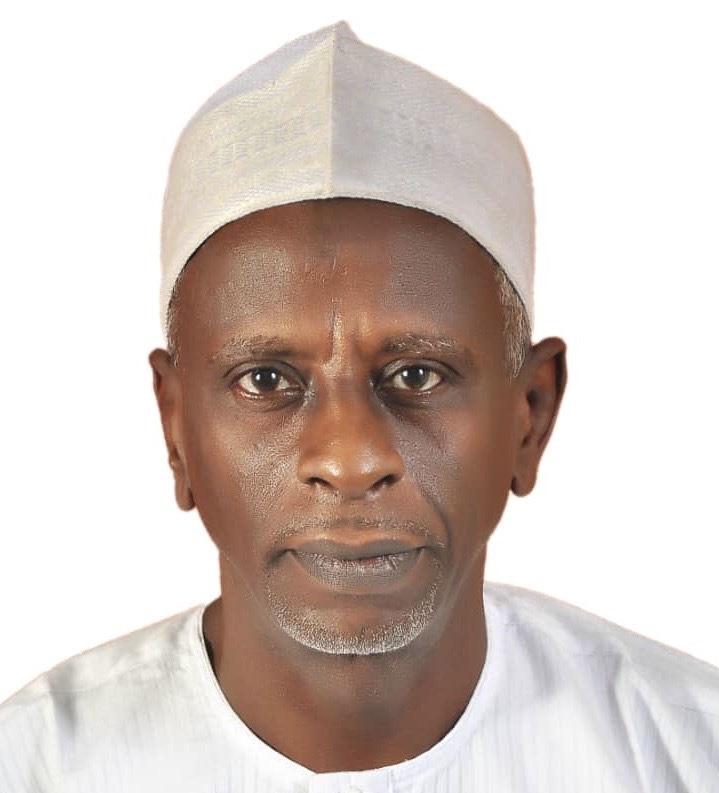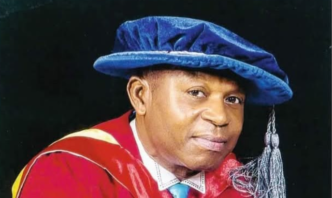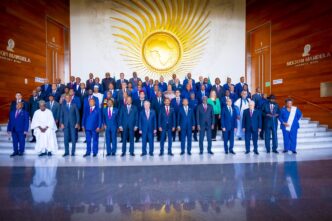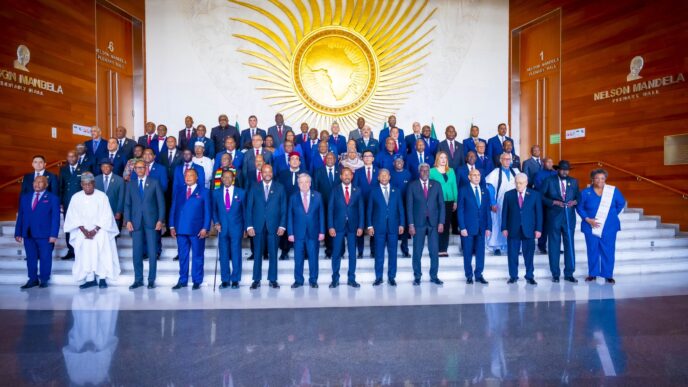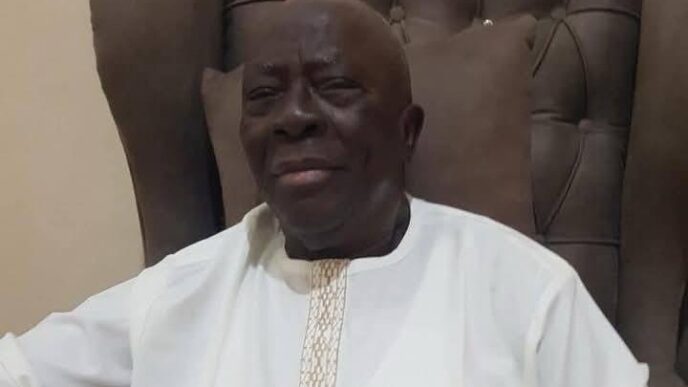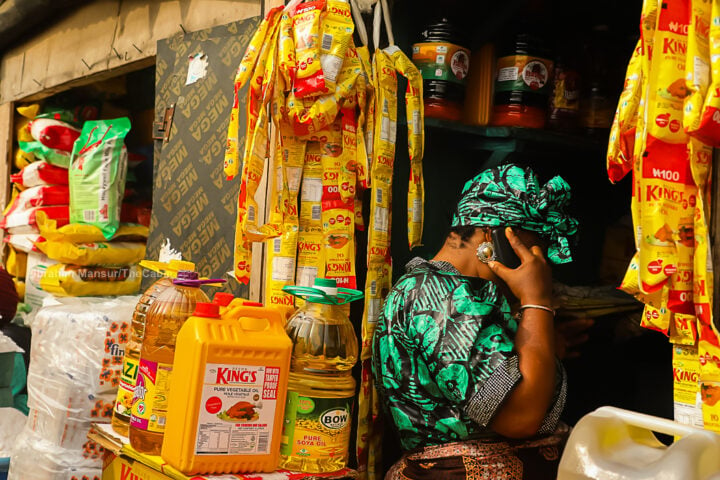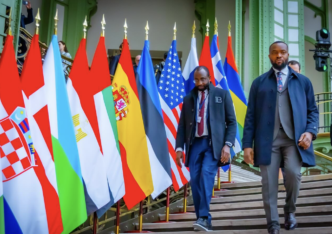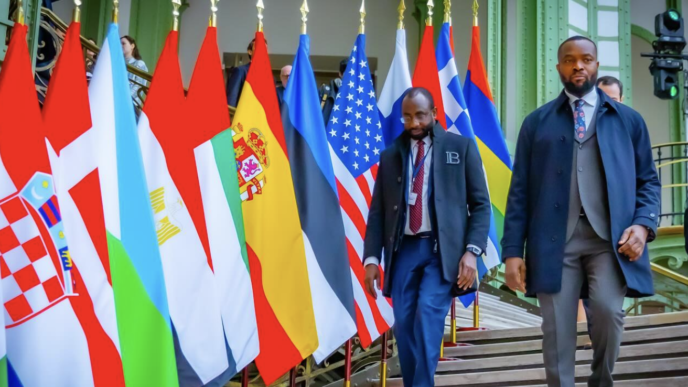File photo of DSS operatives
The recent pronouncement by Mr Oluwatosin Ajayi, the Director-General of the Department of State Services (DSS), that communities have to play a crucial role in securing themselves against criminal elements and serving as the first-line of defence needs to be urgently taken up at policy and practical levels.
In a paper titled “Mobilising Stakeholders to Curb Insecurity in Nigeria: A Practical Approach” delivered at the maiden annual lecture of the National Association of the Institute for Security Studies in Abuja, he specifically stated that it was impossible for all the security agencies to protect all Nigerians across nooks and crannies of the country. Beyond this, the measure will also check the unsavoury role of rogue security agents that complicate the seemingly intractable insecurity ravaging the nation over the past two decades.
In the lecture, which had top echelons from the military, police and other para-military agencies in attendance, the DSS’ boss recounted contemporary cases where communities successfully defended themselves against insurgents, particularly in Azare and Tafawa Balewa in Bauchi State. According to him, “Most of you will remember an incident in Azare. A group of terrorists, Boko Haram, had invaded Azare, they were shooting in an attempt to kidnap, but the community chased them away. They killed some members of the community, but the community members killed all of them. The last guy, Khalid, climbed onto a tree and was shot. The community stood their ground, they were resilient and they killed Khalid. Since that day, there has not been a single terrorists’ attack in Azare,” the spy chief revealed.
Ajayi also cited the circumstances in Tafawa Balewa local government area in Bauchi that was always in commotion. The people of Bogoro and some parts of Tafawa Balewa rose up on one occasion. “They knew their territory better and by climbing onto trees and mountains when the invaders came, they did not only repel them, but they also seized their weapons, and since then, you can hardly hear of any attacks in that community,” he said.
Advertisement
Calling on all Nigerians to emulate the people of Azare and Tafawa Balewa by rising to the occasion and supporting the security agencies in their bid to reduce security challenges to barest minimum, he also stated that “As a matter of fact, the former Head of State, General Ibrahim Babangida, said, and I quote: ‘If we want to stop this terrorism, we should learn from them.’’
He also reiterated the obvious fact that it is impossible for the government to deploy adequate law enforcement personnel to cover every community in the country. Explaining why all the security agencies could not protect all Nigerians all of the time, he said, “It is unimaginable that any security agency has the resources to do it.”
According to him, the only practical approach is to mobilise the people and get everyone engaged in ensuring security. He said, “What we have to start experimenting with is how we can make the community a force in the first-line of defence. What is our culture? Our culture is communal. We do things together. We celebrate festivals together. We hold ceremonies together. So why can’t we fight miscreants and mischief-makers among us, together? The community should say: ‘You cannot come here.’’
Advertisement
Warning citizens against complacency, he stated that security challenges will always exist but must be met with coordinated and robust responses, adding “This is what the people of Azare and Tafawa Balewa have done. If you go to those communities to attack them, you will regret it. I challenge anybody to try it.” Indeed, several years since those instances, the entirety of Bauchi State has remained free from armed robbers, bandits, cattle-rustlers, kidnappers and insurgents.
Mr Ajayi ended his ground-breaking lecture by reminding his august audience that as we all belong to one community or another, the onus is on everyone to be more security-conscious and contribute to resolving the crises before it consumes the entire country. He maintained that adopting such posture will enable the police and other security agencies to focus better on handling cases of organised crime.
Security agencies have in the recent past severally appealed to citizens to be more security-conscious and to say something when they see something but none of the messages were as clear-cut as this. Now, it is left for all arms of government to back up the call by the DSS through practical empowerment measures. The National Assembly needs to review and revise relevant sections of the 1999 Constitution of the Federal Republic of Nigeria (as amended) and Section 32(3) of the Criminal and relevant portions of the Penal Code
While the Constitution categorically declares that the citizens’ right to life is inalienable and the Criminal and Penal Codes provide that a person is not criminally liable for an act reasonably necessary to resist actual and unlawful violence, the practice is made virtually impossible by stringent prohibitions against owning arms.
Advertisement
For instance, the Fire Arms Act recognises citizens’ right to bear weapons but the conditions for obtaining licences which rests with the Inspector-General of Police appear too arduous. So while insurgents and bandits easily acquire illegal arms to terrorise citizens and even control swathes of Nigerian territory in direct affront to its sovereignty, citizens and communities are often at the mercy of heavily armed criminals.
Security services argue for the retention of the strict controls because sometimes the line between community policing, self-defence and jungle justice becomes so thin. This is where judicial reforms are necessary to ensure prompt prosecution of violations. Similarly, reporting suspicious movements and strange faces oftentimes back-fires on the volunteers hence the need for more effective laws and practical measures to protect informants.
In any case, the response to distress calls is often too slow to deter the dastardly deeds. The military is constrained because it can only act according to orders while the police, civil defence and local vigilantes are hampered by severe shortage of men and materials, sometimes as meagre as ammunition or fuel for their operational vehicles. Citizens imbued with courage and tactical skills need to be empowered and embedded in the security architecture.
Advertisement
Views expressed by contributors are strictly personal and not of TheCable.
Add a comment
